K S Duggal’s short stories form a collage of human emotions abounding in, joys and sorrows, agony and ecstasy. His pen delves deep into the bottom of human heart and brings out ‘it’s every nuance, wonderfully woven in the fabric of imagery. Always a poet at heart, Duggal Blends exquisite lyricism with emotions of high idealism, moral self-examination and a subtle awareness of beauty. This explains the external values of truth and beauty that swarm in his short stories which leapfrog each other. No wonder, khuswant Singh comments, "Duggal evolved a lyrical style of prose-writing of his own. In many of his stories the same line appears again and again as a refrain, as they do in poetry. They give his stories a haunting melody unknown in works of other story writers."
ABOUT THE AUTHOR K.S. Duggal
Kartar singh (K.S.) Duggal, born in 1917, begin wiriting while still a student. He is an author of repute in Punjabi, Urdu, Hindi, and English. His works have been translated into many other languages, and are used in literature classes in a larger number of colleges and universities throughout the world. His published works include twenty-one collections of short stories, seven novels, seven plays, and two collections of poetry. He has received numerous awards and prizes for his writing, including the Ghalib Award for Urdu Dhama (1976), the Soviet Land Nehru Award (1981), the Fellowship of the Punjabi Sahitya Academy (1983), and the Bhartya Bhasha Parishad Award (1985). His short story, “Come Back My Master†is included in the Greatest Short Stories of the World. He was recognized by both the Punjabi government (1962) and the Delhi Administration (1976) as a distinquished man-of-letters and awarded a “Robe of Honour.†His collection of short stories, ik Cbbit Chanam Di, won the Sahita Academi award in 1965. Mr. Duggal also served as Director of the All-India Radio from 1942 to 1966, as Director of the National Book Trust form 1966-1973, and was an Advisor (Information) to the Planning Commission from 1973 to 1976. He has worked to encourage and promote literature and the arts throughout his life. He also served as a columnist for The Indian Express. The Tribune, and The Indian Book Industry, as a commentator or books, author, radio, and television programs and the contemporary publishing scene in India.


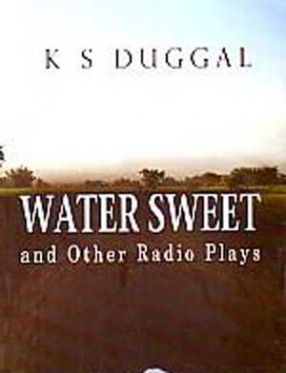

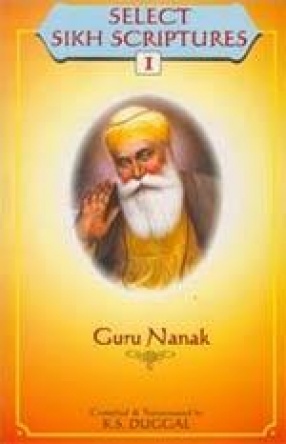
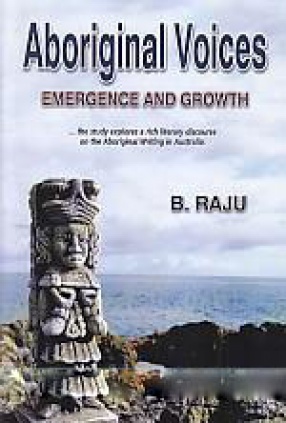
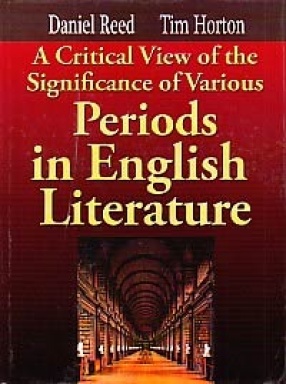
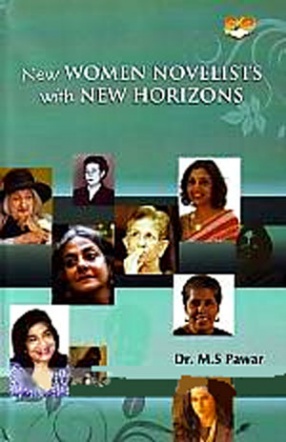
There are no reviews yet.